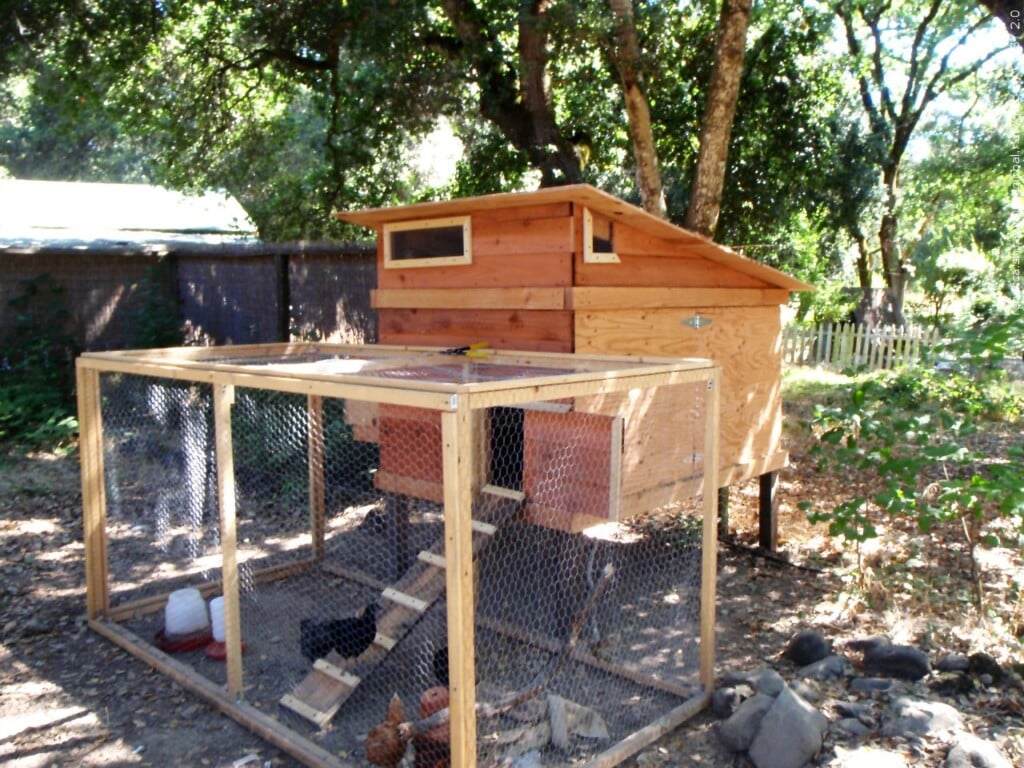NC Wildlife Commission urges livestock owners to bear-proof farms

RALEIGH, NC (WWAY) — The North Carolina Wildlife Resources Commission is urging livestock owners to take extra precautions to protect their animals from black bears, particularly as summer approaches and food sources become more appealing to the animals.
While black bears primarily consume plant-based foods, they will prey on chickens, rabbits, goats, miniature ponies and even alpacas if given the chance, according to the commission. Feed such as corn and grain can also draw bears near livestock enclosures.
“It’s one of the most common calls about bears that we get and it’s also one of the most preventable,” said Ashley Hobbs, BearWise coordinator for the NCWRC. “Especially in the summer and fall months, I respond to many calls from the public reporting their goat herd or chicken flock have been completely wiped out by a bear.”
The commission says just three unprotected chickens can provide about 4,500 calories — nearly two days of nourishment for a bear.
“Bears are quick learners and highly food motivated,” said Jenna Malzhan, a black bear biologist with NCWRC. “Once they discover an easy food source, like a chicken coop, they will come back and visit others. This can be heartbreaking and costly for people and puts bears at risk by food-conditioning them to humans and livestock.”
The NCWRC recommends following BearWise — a national program that promotes coexisting with bears — to reduce risk and deter future bear activity.
Proactive measures include:
-
Store livestock and pet food in bear-resistant containers or locked sheds, away from animal enclosures.
-
Place pens and bee hives at least 50 yards from wooded areas.
-
Confine animals in secure pens or shelters at night, especially during birthing seasons.
-
Remove carcasses promptly and dispose of them properly.
-
Use electric fencing or consider using guard animals.
The commission said that standard chicken and rabbit coops are not strong enough to keep out determined bears, and electric fencing is the most effective deterrent. Beekeepers are also encouraged to harvest honey early to reduce attraction to hives.




